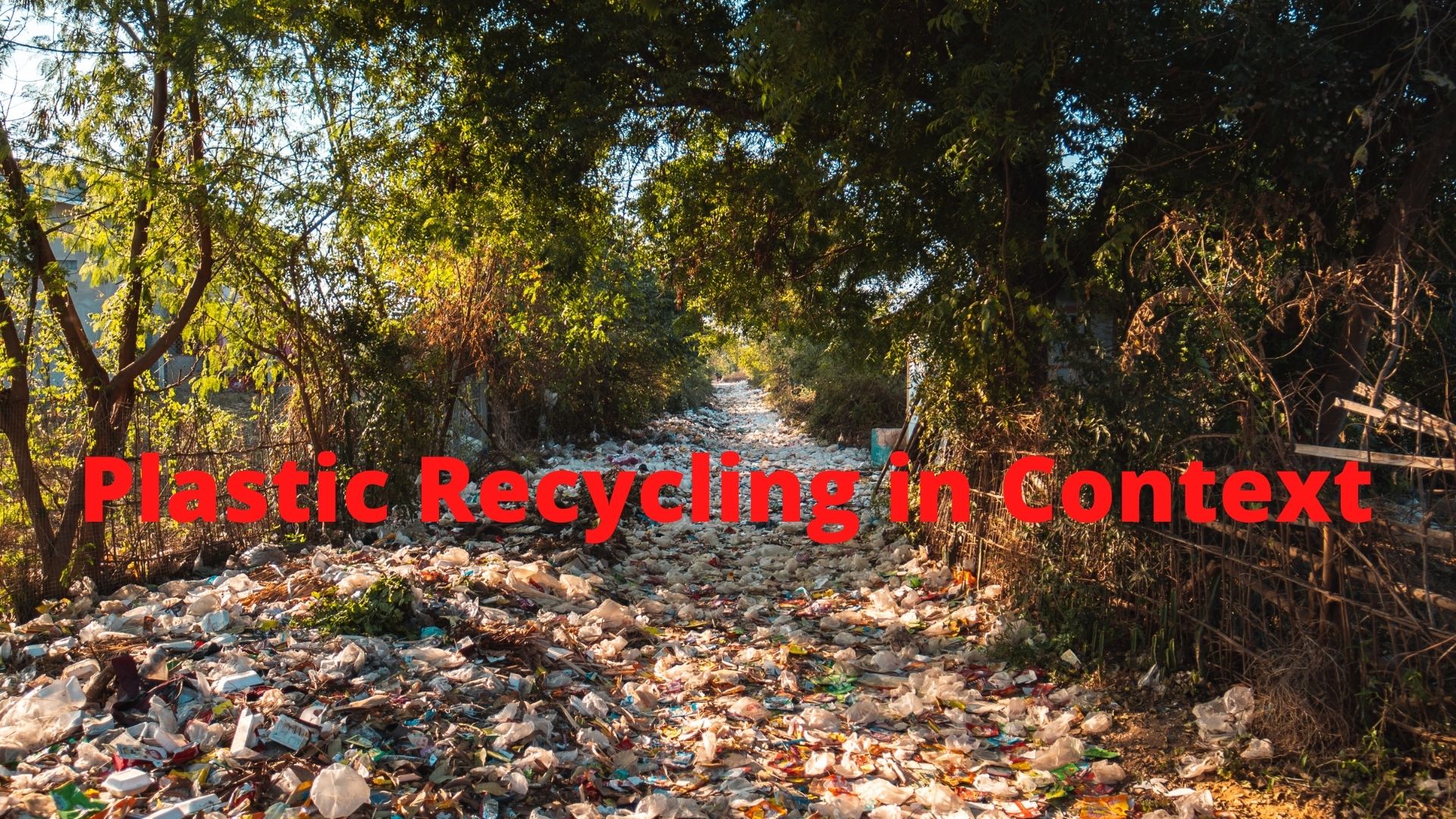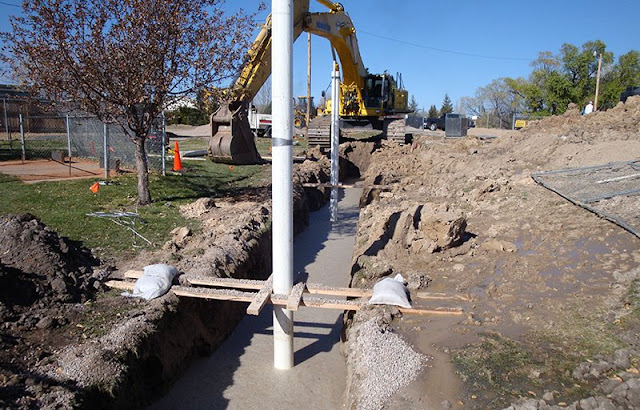Plastic Recycling in Context

Plastic recycling is the process of recovering waste or scrap plastic and transforming it into functional and useful commodities. The plastic recycling process is the name for this operation. The goal of plastic recycling is to reduce plastic pollution while also lowering the demand for virgin resources to manufacture new plastic items. This strategy saves resources by keeping plastic out of landfills and unexpected places like the ocean.
Also Read: plastic waste recycling
The Importance of Plastic Recycling
Plastics are a long-lasting, lightweight, and low-cost material. They are easily moulded into a variety of items that can be used in a variety of applications. Plastics are produced in excess of 100 million tonnes per year all over the world. As a result, plastic reuse, recovery, and recycling are increasingly crucial.
A few quick facts about plastic recycling
- In 2015, the United States recycled 3.14 million tonnes of plastic, down from 3.17 million tonnes in 2014.
- It takes 88 percent less energy to recycle plastic than it does to make plastic from new raw materials.
- Currently, about half of the plastics we use are discarded after only one usage.
- Plastics account for 10% of all garbage generated globally.
- Degradation of plastics can take hundreds of years.
- \
- Recycling a single plastic bottle saves enough energy to operate a 100 watt light bulb for nearly an hour.
The Recycling of Plastics
Collecting, sorting, shredding, washing, melting, and pelletizing are the most basic plastic recycling procedures. The specific techniques differ depending on the plastic resin or the type of plastic product.
The majority of plastic recycling facilities employ the two-step method described below:
Step 1: Sorting plastics, either mechanically or manually, to ensure that all pollutants are eliminated from the waste stream.
Step 2: Plastics can be melted down straight into a new shape, or they can be shred into flakes and then melted down before being processed into granules.
Plastic Recycling’s Most Recent Advances
As a result of continual technical improvements, plastic recycling has grown easier and more cost-effective. Reliable detectors and advanced judgement and identification software are examples of such technologies, which together improve the productivity and accuracy of robotic plastic sorting.
Germany, Spain, Italy, Norway, and Austria have recently begun collecting hard packaging such as pots, tubs, and trays, as well as a small amount of post-consumer flexible packaging.
The Plastic Recycling Industry’s Challenges
From mixed plastics to difficult-to-remove residues, plastic recycling faces numerous hurdles. Finding a cost-effective and efficient approach to recycle the mixed plastic stream is the most difficult problem facing the recycling industry. Experts believe that developing plastic packaging and other plastic items with recycling in mind will help to address this issue.
Post-consumer flexible packaging recovery and recycling is a challenge. Due to a lack of technology that can quickly and easily separate them, most material recovery facilities and municipal governments do not aggressively collect it.
Plastic pollution in the ocean has recently become a source of popular outrage. The amount of plastic in the ocean is anticipated to increase in the next decade, prompting prominent organisations throughout the world to take steps to improve plastic resource management and pollution prevention.
Recycling Laws for Plastic
California, Connecticut, Massachusetts, New Jersey, North Carolina, Pennsylvania, and Wisconsin are among the states that have made plastic bottle recycling mandatory. Please click on the appropriate links to learn more about each state’s plastic recycling rules.
Looking Forward
End-of-life plastic management is impossible without recycling. Continuous research and development will aid in the improvement of operational efficiency.
Industry and policymakers can also aid in the promotion of recycling by demanding or rewarding the use of recycled resin rather than virgin plastics.
Suggested Read: Swachh Bharat Abhiyan




